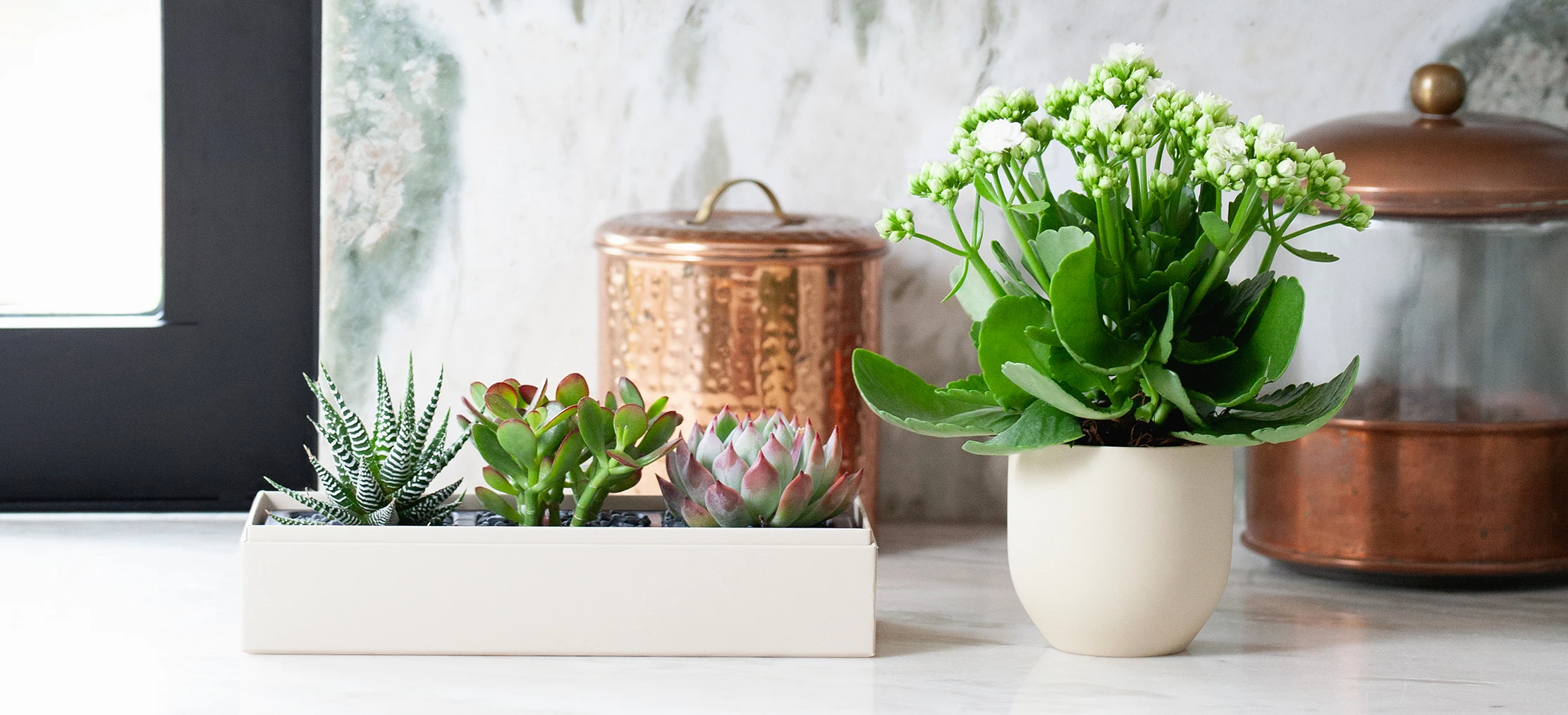Mastering Your Cactus Watering Schedule for Thriving Plants


Cacti are a favored option for indoor gardening enthusiasts, celebrated for their distinctive charm and minimal upkeep requirements. However, novice plant caretakers often grapple with determining the right watering routine for these hardy species. Mastering the art of cactus hydration can significantly influence whether your plant flourishes or withers. This guide aims to clarify the essentials of cactus care, helping your green companion stay robust and lively.
Originating from dry habitats, cacti have evolved to thrive on limited water. This remarkable adaptation enables them to flourish in conditions that would challenge many other plants. Nonetheless, they are not completely immune to drought; adequate watering is crucial for their vitality.
To establish a watering routine for your cactus, it is important to consider its specific requirements, which can vary based on species, size, and surrounding conditions. Here are some essential factors to keep in mind:
The watering demands of your cactus will fluctuate according to its surroundings. Elements like temperature, humidity, and light exposure are key influencers. For example, a cactus positioned in a bright, sunlit window will likely need more frequent watering compared to one placed in a shaded spot.
Cacti generally exhibit varying watering needs throughout the seasons. During the growing phase, typically from spring to summer, your cactus will require increased hydration. In contrast, during the fall and winter months, when growth slows, it’s advisable to lessen the watering frequency.
The kind of soil you select can significantly influence your cactus's watering schedule. Well-draining soil is essential for cacti, as it prevents water from accumulating around the roots, which can result in rot. Consider using a specialized cactus mix or incorporating perlite into your potting soil to enhance drainage.
Being able to identify the signs of overwatering and underwatering is crucial for adjusting your care routine. Common indicators of overwatering include yellowing or mushy stems, while underwatering may manifest as shriveling or browning. Regularly checking your cactus will help you address these issues promptly.
Here’s a straightforward guide to help you create a watering schedule:
Spring and Summer: Water every 1-2 weeks, ensuring the soil dries out completely between waterings.
Fall: Gradually decrease watering to every 2-3 weeks as growth slows.
Winter: Water only once a month or when the soil feels entirely dry.
The technique you use to water your cactus can also affect its health. Here are some effective methods:
A beneficial method is bottom watering, where you place your cactus pot in a tray filled with water. This approach allows the plant to absorb moisture through the drainage holes, promoting deep root development.
If you choose to water from the top, do so gently. Utilize a watering can with a narrow spout to prevent over-saturating the soil. Water until you see it draining from the bottom, then allow any excess water to drain away completely.
In addition to a proper watering routine, here are some further tips to help your cactus thrive:
Choose the Right Pot: Ensure your cactus is in a pot with drainage holes to avoid water buildup.
Ensure Sufficient Light: Cacti thrive in sunlight! Position them in a location where they can receive bright, indirect light.
Fertilization: During the growing season, consider using a diluted cactus fertilizer to encourage healthy growth.
As you nurture your cactus, think about the environmental implications of your gardening practices. Opting for sustainable materials and eco-friendly packaging can contribute to a healthier planet. When selecting pots or soil, prioritize options made from recycled or biodegradable materials.
Cacti make delightful gifts for friends and family who cherish greenery in their homes. Consider assembling a personalized cactus garden kit, complete with care instructions and an attractive pot. This not only spreads joy but also fosters a bond with nature. We carefully source our succulent plants from local family-owned nurseries, ensuring that every garden we create is of exceptional quality.
Our mission is to create memorable gifts that not only bring joy to those we love, but also have a positive impact on the world. We proudly support water.org, an organization that helps improve lives around the world by providing access to safe water. Each garden sold provides six months of safe water for one person in the developing world.
Your gift makes a difference!
Generally, you should water your cactus every 1-2 weeks during the growing season and reduce this to once a month in winter.
Yes, but it's advisable to let tap water sit for 24 hours before using it, allowing chlorine to evaporate.
If you suspect overwatering, allow the soil to dry out completely and consider repotting the cactus in fresh, dry soil if the roots appear mushy.
While fertilization isn't essential, it can promote healthy growth during the growing season. Use a diluted cactus fertilizer for optimal results.
Caring for a cactus successfully entails understanding its specific needs and establishing an appropriate watering routine. By being mindful of environmental factors and adjusting your care regimen accordingly, you can enjoy a flourishing cactus that enhances your home’s aesthetic. Remember, each plant is unique, so take the time to observe your cactus and modify your care as necessary.